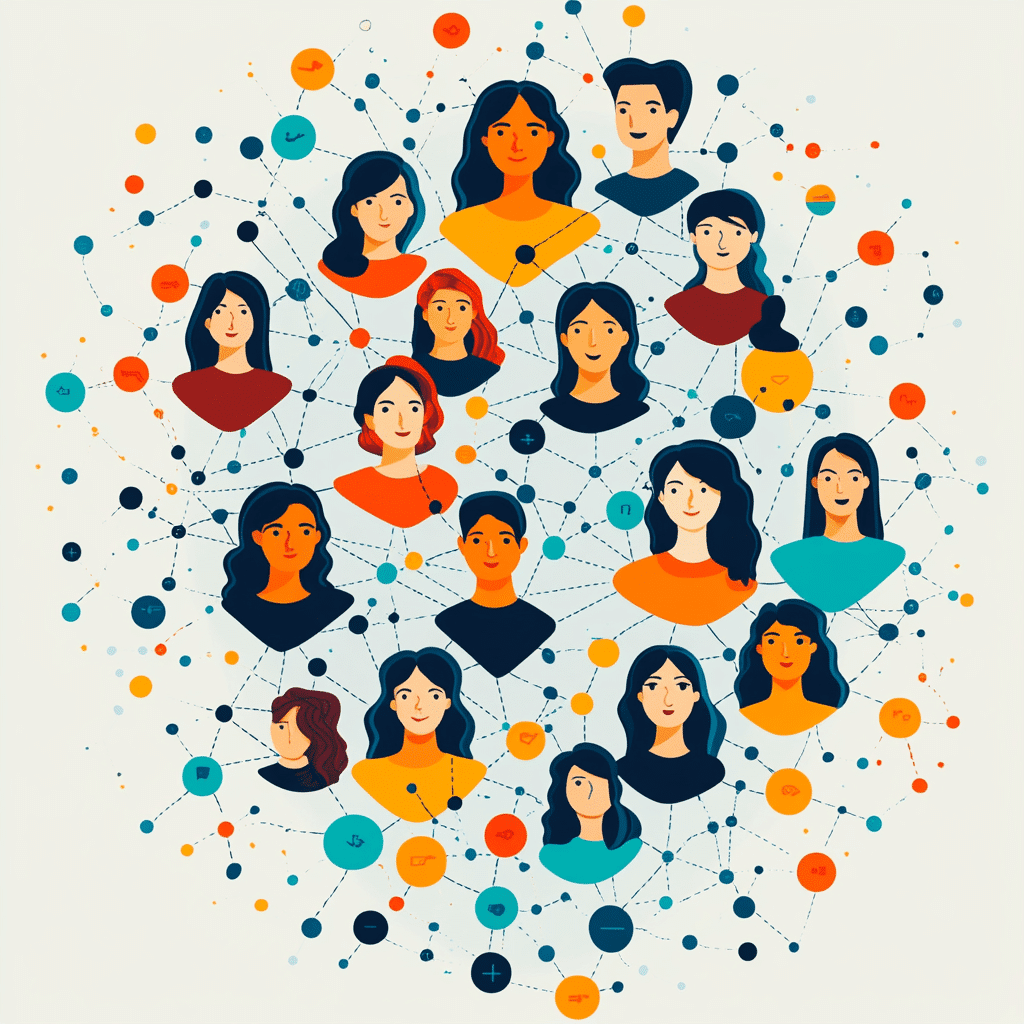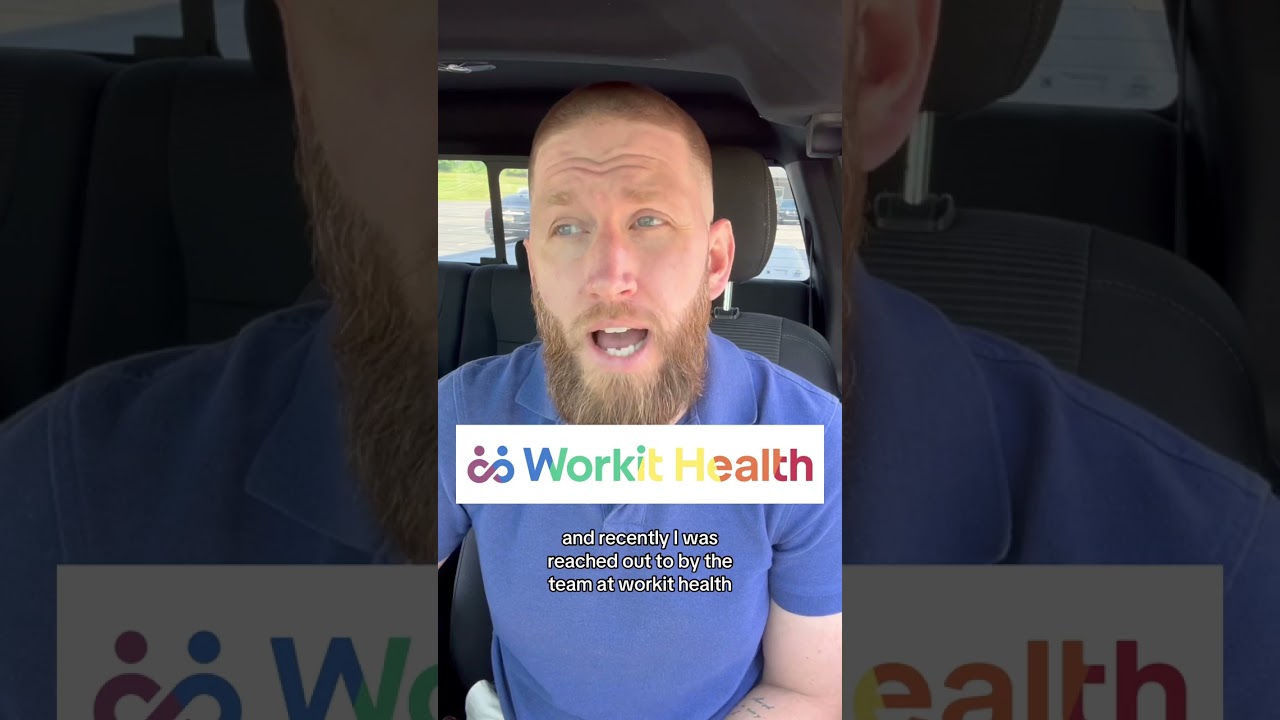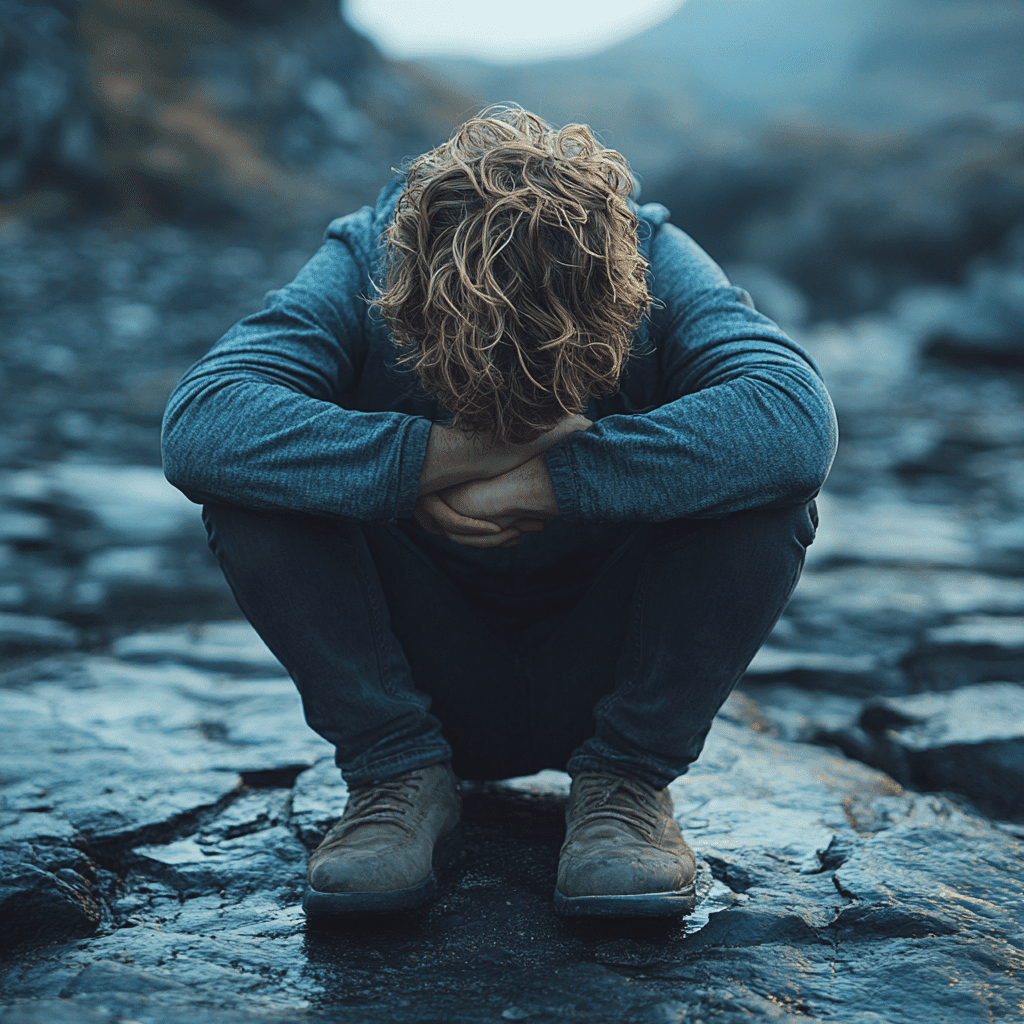
The Rise of Online Sobriety Communities
In recent years, the internet has become a lifesaver for many folks struggling with addiction. It’s hard to imagine, but just a click away, online sobriety communities are opening their virtual doors to those in need of support, healing, and hope. These spaces are not just places to chat; they serve as lifelines, offering compassion and understanding for both individuals in recovery and their families.
These online sobriety communities create an environment where people can connect, reflect, and share their journeys. Parents, who often feel heartbroken and helpless when their children battle addiction, can find solace in hearing stories that resonate with their own struggles. This shared experience forms the backbone of recovery, allowing members to feel less alone in their challenges—a powerful reminder that they are not on this path by themselves.
At Mothers Against Addiction, our mission aligns with these objectives. We recognize that the emotional toll addiction takes on families is immense. Overcoming shame and stigma starts with connection. Thus, online sobriety communities play a pivotal role in transforming lives and fostering a support network that can make all the difference.

Top 7 Online Sobriety Communities Making an Impact
Here’s the scoop on online sobriety communities you might want to check out. Each offers something special that can help in the journey to recovery.
1. Sober Grid
Sober Grid is an app that’s truly changing the game. This platform connects individuals in recovery, allowing them to share their experiences and track their sobriety journey. With its ability to locate nearby members, it’s perfect for finding in-person support, which can be crucial in maintaining momentum. As users follow their paths, they find strength in community.
2. SMART Recovery
SMART Recovery is another fantastic option worth exploring. Instead of the traditional 12-step approach, this community emphasizes self-reliance and empowerment. By facilitating open discussions and providing tools through workshops and webinars, SMART helps members learn essential strategies to tackle cravings and manage triggers, enriching lives with useful insights.
3. Reddit’s r/stopdrinking Community
Have you heard about Reddit’s r/stopdrinking? It’s taken the internet by storm! This subreddit invites individuals who want to quit drinking to come together and share their daily struggles and victories. The forum is filled with genuine camaraderie, where anonymity breeds trust and allows anyone to seek help without fear of judgment.
4. Group Therapy Online
For those who prefer structure, Group Therapy Online offers facilitated sessions where participants share and listen. Grounded in respect and confidentiality, this community is a safe haven. By openly discussing their experiences, members can gain insights and support that guide them through their challenges in a compassionate way.
5. In The Rooms
In The Rooms is a global gathering space that invites folks from all walks of life—catered to every recovery need. This online sobriety community hosts live meetings covering 12-step programs, coaching, and alternative pathways. With mental health resources available, it’s a one-stop-shop for those looking for inclusive support.
6. Tempest
Tempest is uniquely focused on women who want to change their relationship with alcohol. Through education and peer support, it fosters a nurturing environment ideal for empowerment. Participants can grow together and overcome various challenges while forming a supportive sisterhood.
7. We Are The Loop
We Are The Loop stands out for its inclusive approach to recovery. Ideal for those who may not fit traditional narratives, this community champions harm reduction practices. With online forums, informative articles, and events, it caters to diverse populations eager for support as they navigate their paths.

The Impact of Online Sobriety Communities on Recovery
The change brought about by online sobriety communities is nothing short of miraculous. Members report feeling less isolated thanks to the connections formed in these digital spaces. They highlight the instant support available as a significant motivator in their recovery journeys. Research backs this up; peer support can significantly boost recovery outcomes by creating a sense of belonging and purpose.
Accessibility plays a crucial role for many. The availability of support groups and forums means individuals can engage whenever it fits into their daily lives. This flexibility is essential in a busy world where traditional meetings may be tough to attend. What’s more important than battling addiction is finding ways to incorporate support right into the rhythm of life.
The stories shared in these communities resonate with countless others. They shine light on paths individuals never thought they could take. With technology lending a hand, online sobriety communities foster compassion that can spark profound changes, transforming lives and reshaping relationships.

Reimagining the Path to Recovery
As we move forward, we can’t ignore that the path to recovery is shifting. Increasingly, online sobriety communities reflect this evolution by offering innovative and personalized support. These platforms eliminate barriers and create supportive environments where every story is valued.
Continuing into 2024, it’s evident that online sobriety communities won’t simply complement traditional recovery programs—they are here to redefine them. These platforms cultivate an inclusive approach to healing, showing us that change is possible, regardless of our past.
For parents of children struggling with addiction or those who have lost a child to the vicious grip of substance use, remember that there is no shame in seeking support. Community can fill hearts with hope. Let’s embrace these digital spaces as the incredible resources they are. Together, we can share our stories, heal our wounds, and inspire change—one connection at a time.
If you or someone you know is navigating the complexities of addiction, check out our Building a Sober Community initiative to further explore how we can support each other. It’s never too late to start a new journey.

Online Sobriety Communities: A Modern Lifeline
Connecting and Sharing Stories
Online sobriety communities have become a lifeline for many who are navigating the road to recovery. These digital spaces provide a unique opportunity for individuals to connect with others who understand their struggles and triumphs. Did you know that around 21 million Americans suffer from substance addiction but only about 10% receive treatment? That’s a staggering statistic! Yet, The rise Of Sober-curious movements is encouraging people to reflect on their drinking habits and explore healthier choices, making these communities more important than ever. Whether through forums or social media, the sharing of personal stories fosters a supportive atmosphere that is invaluable for many.
Breaking Down Barriers
One exciting aspect of online sobriety communities is how they break down geographical barriers. No matter where you are, you can access support 24/7. This accessibility has made it easier for parents and loved ones to understand the challenges, such as those highlighted in discussions around culture And addiction. Did you know that community-based platforms are reshaping perceptions of addiction and recovery? For instance, many people are finding solace and strategies to cope with substance use through these shared experiences. They’re not alone, and neither are you. Plus, engaging with online sobriety communities helps individuals realize that their journey can be shared with others who resonate with their tale, much like what Ernie Reyes jr . achieved in his journey of resilience.
Learning and Growing Together
Within these online spaces, humor and human connection thrive. For example, many groups engage in light-hearted discussions while dealing with serious subjects. There’s often a celebratory feeling to milestones, whether it’s a week or a year of sobriety. And let’s be real; it’s essential to have a good laugh sometimes, even when tackling difficult issues like addiction. That’s where trivia and fun facts can enhance engagement! Did you know that even high-profile relationships face stresses, as highlighted in the Harry And Meghan fight? Well, imagine the relatable stories shared in sobriety communities about overcoming everyday pressures! Whether discussing the latest interest rates or reflections on staying alcohol-free, these interactions make the journey much lighter. So, if you want to dig deeper into the conversation around alcohol or strategies for maintaining sobriety, these communities are rich in sharing wisdom and navigating personal experiences.

What can I do instead of AA?
There are lots of alternatives to AA, like The Sinclair Method, moderation strategies, cognitive behavioral therapy, coaching, and Medication Assisted Treatment (MAT). These options can suit different needs and preferences if traditional AA isn’t the right fit.
What is the hardest month of sobriety?
The toughest month of sobriety is often the first one. It’s a big change, and your body and mind are figuring out how to adapt. Expect some challenges, but many people find it gets easier after that.
What are the most popular recovery groups?
Some of the most popular recovery groups include Alcoholics Anonymous (AA), Narcotics Anonymous (NA), and various 12-step programs. Each group offers support for different types of addiction in both online and in-person settings.
Where do sober people socialize?
Sober folks can socialize in different ways. Local meetups focusing on sober activities, like hiking or book clubs, can be a great option. There are also many websites that help you find events and groups in your area.
What can I use instead of AA?
To stay sober without AA, you can explore therapies, coaching, or community support groups. Finding activities that promote wellness and connecting with like-minded people can also make a big difference.
Is there a sufficient substitute AA?
There are numerous approaches that can serve as sufficient substitutes for AA, depending on what works for you. Exploring options like therapy, counseling, or peer support may provide just as much help and structure.
What are the four D’s of sobriety?
The four D’s of sobriety are: Decide not to drink, Delay your drinking, Distract yourself with activities, and Develop healthy habits to replace old ones. These steps can help you move away from old patterns.
Does one drink break sobriety?
Even just one drink can potentially break sobriety for many individuals, depending on their recovery journey and personal triggers. It’s wise to take this seriously and think about what having a drink means for you.
What is the 6 month sobriety rule?
The six-month sobriety rule generally suggests that making it to six months can strengthen your recovery by solidifying new habits and reducing cravings. However, everyone’s journey is unique, so focus on your personal progress.
What are the 4 C’s in recovery?
The 4 C’s in recovery are: Choice, Commitment, Connection, and Change. These principles guide individuals in taking responsibility for their journey and creating a supportive environment.
Is there an online version of AA?
Yes, there’s an online version of AA, which offers virtual meetings and resources. This can be a convenient way to connect with others in recovery no matter where you are.
What are the three P’s of recovery?
The three P’s of recovery are: People, Places, and Purpose. Surrounding yourself with supportive people, avoiding high-risk places, and having a strong sense of purpose can be key for success.
Is there an app to meet sober friends?
There are apps available to help you meet sober friends, allowing you to connect with others who share similar goals and activities, making it easier to build a sober social circle.
What is the most sober country?
The most sober country is often debated, but countries like Norway and Sweden are frequently highlighted due to their lower alcohol consumption levels and robust support systems for recovery.
What to do at night when sober?
At night when sober, try engaging in fun activities like reading, going for walks, or exploring hobbies. It’s a great time to unwind and find joy in things that don’t involve drinking.
How to stay sober without AA?
To stay sober without AA, seek out alternative support systems such as therapy, counseling, or social groups that revolve around activities you enjoy. Keeping busy and connecting with others can help immensely.
Are there other groups like AA?
Yes, there are many other groups like AA, including Smart Recovery and Refuge Recovery, which use different approaches to support individuals in their journey through addiction recovery.
Is AA the only thing that works?
No, AA isn’t the only thing that works. Many people find success with different methods like therapy or medication, so it’s important to find what suits you best.
Is there a non-religious AA?
There are secular options similar to AA, such as SMART Recovery, which focuses on self-empowerment and evidence-based practices without the religious aspects of traditional 12-step programs.




























